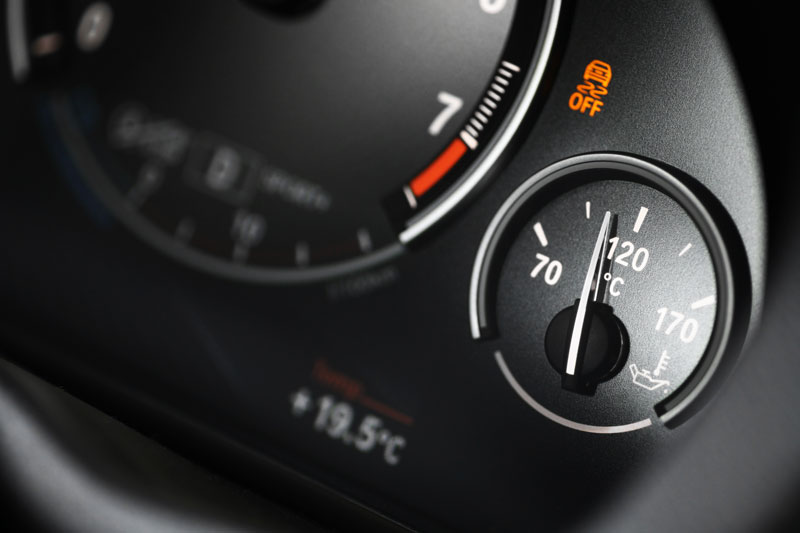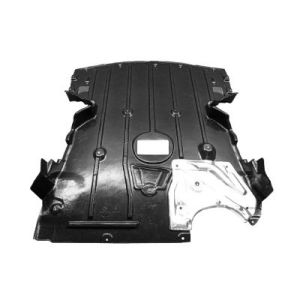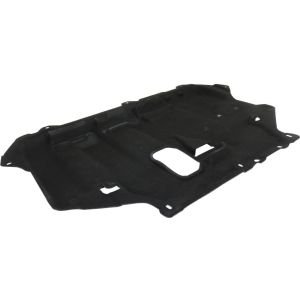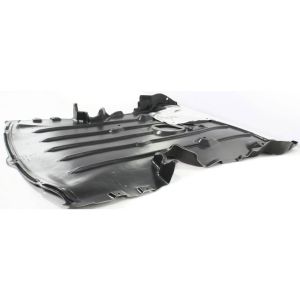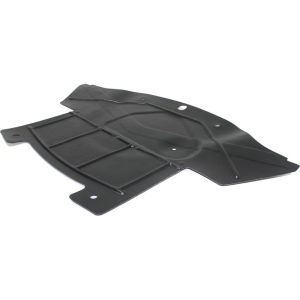Imagine a frosty winter morning, your breath forming small clouds as you step into your car, shivering. You've always been told to let your vehicle warm up before driving off, but have you ever wondered if this habit could be doing more harm than good?
This discussion explores the mechanics behind modern car engines, challenging long-held beliefs about cold-weather car care.
Are you potentially shortening the lifespan of your engine or decreasing its efficiency? Stick around as we unfold the facts and expose the myths about warming up your car.
Key Takeaways:
- Warming up a car by idling can shorten engine life and contributes to environmental harm.
- Modern vehicles reach normal operating temperatures within 30 seconds, making extended warm-ups unnecessary.
- Driving at a slower pace initially is more efficient for warming the engine than idling.
- Regular maintenance at a certified service center can ensure optimal engine health and longevity.
How Does Your Car Engine Work?
To truly understand the debate around engine warm-up, let's first delve into how your car's engine works.
When you start your car, fuel is injected into the engine's cylinders. This fuel is then ignited, creating a small explosion that pushes the pistons down, turning the crankshaft, and propelling your car forward. This process is repeated hundreds or thousands of times per minute.
When your engine is cold, it's not at its optimal operating temperature and needs to get warm. However, the best way to get your engine warm isn't to let it sit idle. Instead, it's more efficient to start driving right away, but at a moderate speed.
This way, the engine reaches its operating temperature quicker, runs more efficiently, and you save on gas.
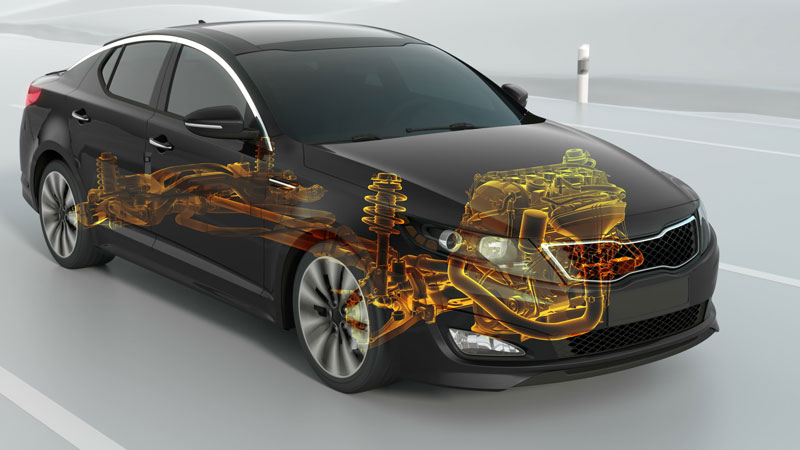
Why Is It Important to Take Proper Care?
Proper engine care is your ticket to a longer-lasting, more efficient vehicle. It's not just about saving money on repairs. It's about maximizing engine life, improving performance, and maintaining the overall health of your car, especially in cold weather.
When temperatures drop, your engine needs a little extra TLC. The oil gets thick, and moving parts can't move as smoothly. Without proper care, you're looking at a shorter engine lifespan and possible performance issues.
You may think it's best to warm up your car for a long time in cold weather, but modern cars don't necessarily need that. In fact, excessive idling can actually cause damage over time.
It's better to start your car, let it run for a short while to circulate the oil, then drive gently until the engine reaches operating temperature.
Is Warming up Your Engine Bad for Your Car?
Believe it or not, warming up your car's engine for too long can actually do more harm than good. When you start your car, the motor oil begins to circulate. If your car idles for an extended period, the oil can start to cool down and settle, resulting in less effective lubrication.
This lack of lubrication can cause wear and tear on your engine components, potentially leading to costly repairs down the line. Over time, this can also affect your car's performance and fuel efficiency. Remember, your car's engine is designed to run, not idle.
Furthermore, letting your car idle for an extended period can lead to a waste of fuel, which not only costs you more at the pump, but also contributes to unnecessary environmental pollution.
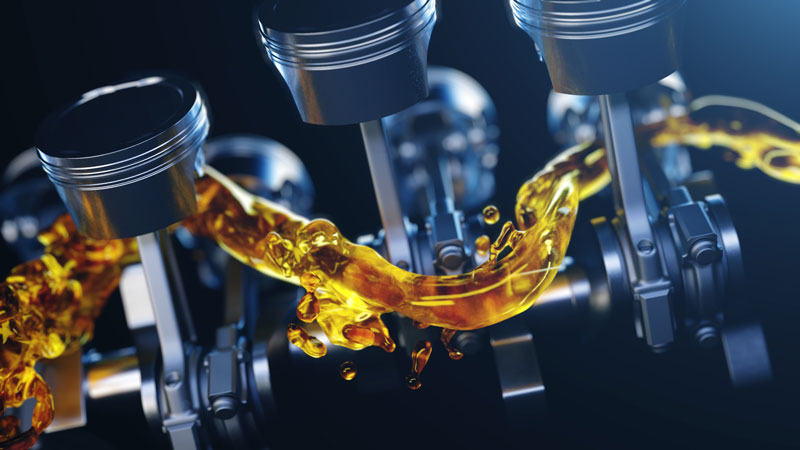
When and How to Warm up Your Engine?
Understanding when and how to warm up your engine is crucial to maintaining its health and efficiency. In modern vehicles, the engine lubrication process begins as soon as you start the car. The oil pump gets to work, ensuring the oil quickly circulates throughout the engine.
Modern vehicles are designed to reach optimal operating temperatures swiftly, usually within a few minutes of starting. So, you don't need to idle your car for long periods.
Here's a simple guide:
- Start your car and let it idle for about 20-30 seconds. This gives the oil pump enough time to circulate the oil.
- Avoid revving the engine during this initial period. It puts unnecessary stress on the engine.
- Begin driving, but keep your speed reduced for the first few miles. This allows the engine to reach its optimal operating temperature gradually.
Tips to Improve the Life of Your Engine
To keep your engine humming smoothly for years to come, it's crucial to follow a few key maintenance tips. Regular servicing is the first step to extending your engine life. This includes checking and changing the oil, inspecting the coolant, and replacing air filters as needed.
Warming up your car is a common practice, especially during winter. However, long warm-up times aren't necessary for modern cars, and can even be counterproductive. Instead, a brief car warm period of 20-30 seconds is sufficient for most engines. During this time, the oil quickly circulates throughout the engine, providing necessary lubrication.
When starting a cold engine, avoid revving it hard initially. Instead, drive at moderate speeds until the engine reaches its ideal operating temperature. This practice not only warms up your car efficiently, but also reduces unnecessary wear and tear on your engine.
Conclusion
So, is warming up your car akin to dialing a rotary phone? Absolutely! Modern engines don't need that 'me time' in the cold.
Not only does idling waste gas, it also harms the environment. So do your car (and the planet) a favor: start your engine, wait a minute for the oil to circulate, then drive off slowly. Remember, proper maintenance goes a long way in keeping your engine purring like a contented cat.
FAQs (Frequently Asked Questions)
What Are the Risks of Not Warming up Your Engine in Extremely Cold Weather?
- Not warming up your car in extremely cold weather risks damaging the engine. Cold oil doesn't circulate well, causing wear on engine parts. Plus, you're increasing the chance of your car not starting at all.
How Does the Age of the Car Affect the Need for Engine Warm-Up?
- The age of your car does impact the need for engine warm-up. Older cars, especially pre-1980 models, require longer warm-ups than modern ones which are designed to reach operating temperatures quickly.
What Are Some Alternative Ways to Heat up the Car Without Idling for a Long Period?
- Instead of idling, you should start driving slowly to warm up your car. This method is like a morning jog; it gradually increases your car's internal temperature without causing any strain to the engine.
